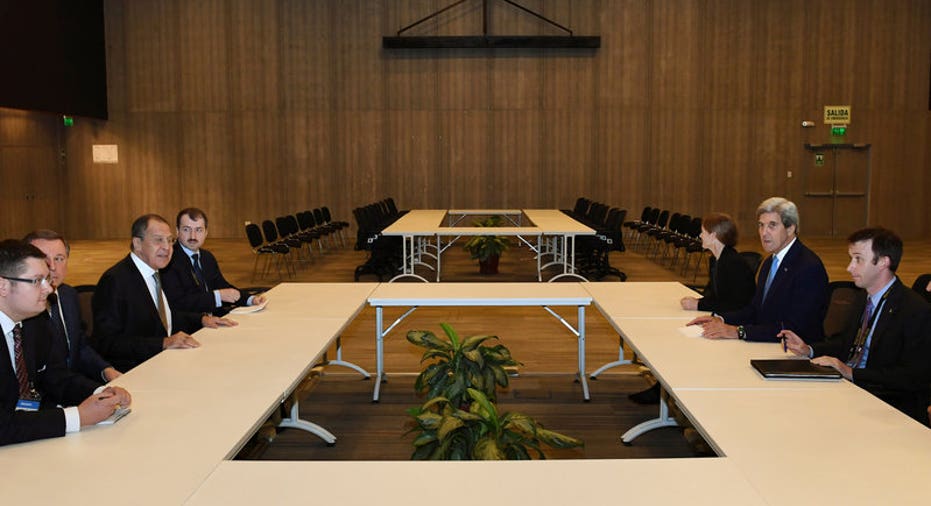Pacific rim leaders to debate future of trade post-Trump

LIMA – Leaders of Pacific rim nations began gathering in Peru on Friday seeking to salvage hopes for regional trade as prospects of a Donald Trump presidency sounded a possible death knell for the U.S-led Trans-Pacific Partnership (TPP) free trade pact.
Discussions between the 21 members of the Asia-Pacific Economic Cooperation (APEC) summit will be dominated by fears of rising anti-globalization sentiment in the West, where many worry about losing jobs to low-wage economies, and China's burgeoning role in global trade.
"The leaders will meet on Sunday and the first thing will be this very issue (anti-globalization)," Alan Bollard, the APEC secretariat's executive director, told Reuters in an interview on Thursday.
U.S. President Barack Obama, Chinese President Xi Jinping, and Russian President Vladimir Putin are due to attend the summit that brings together leaders whose economies represent 57 percent of global gross domestic product.
While campaigning, President-elect Trump had labeled the TPP "a disaster" and his populist stance on trade issues in some ways echoed sentiments heard in Britain, when it voted in June to quit the European Union.
Though Obama championed the TPP, his administration has stopped trying to win congressional approval for the deal that was signed by 12 economies in the Americas and Asia-Pacific, but excluded China.
Despite Trump's antipathy toward the TPP, Bollard said it was premature to write it off, but he expected it to be shelved "for a year or so."
"I don't think we'll hear a lot on TPP for a while. We've got to wait for the U.S. administration to get it through Congress, be clearer about its policies, which we're not clear on," Bollard said.
China's Xi is expected to sell an alternate vision for regional trade by promoting the Beijing-backed Regional Comprehensive Economic Partnership (RCEP), which excludes the United States.
The Kremlin said Obama and Putin would likely speak on the sidelines of the Lima summit, while a source said the leaders of Canada and Mexico would discuss the potential impact a Trump presidency could have on the NAFTA trade pact.
OPEN TO OPTIONS
Summit host Peru is one of the world's most open economies.
On Thursday, Peru's trade minister and his Indonesian counterpart agreed to start negotiations for a bilateral free trade deal, potentially adding to more than 20 such agreements Peru already has.
Peru has already said it would like to join a Beijing-backed trade pact, though it hopes the TPP will eventually come to fruition as well.
Vice President Mercedes Araoz said several options would be discussed among APEC members in coming days, including joining RCEP.
Others like Japan have expressed interest in continuing TPP negotiations without the United States, she added.
"We are not going to start negotiations right away, but we probably will have several paths we could take, always with the commitment of having a free trade agreement in the Asia-Pacific region," Araoz told journalists.
Australia's Trade Minister Steve Ciobo said he hoped negotiations on TPP would continue, but in the meantime believed the Chinese-led agreement presented a big opportunity.
"If we are able to successfully land it over the coming months or the year ahead it would create again a terrific opportunity for Australian businesses to export through a common set of rules across the region,��� he told Australian Broadcasting Corp radio.
(Additional reporting by Jamie Freed in Sydney; Writing by Caroline Stauffer; Editing by Simon Cameron-Moore and Meredith Mazzilli)



















